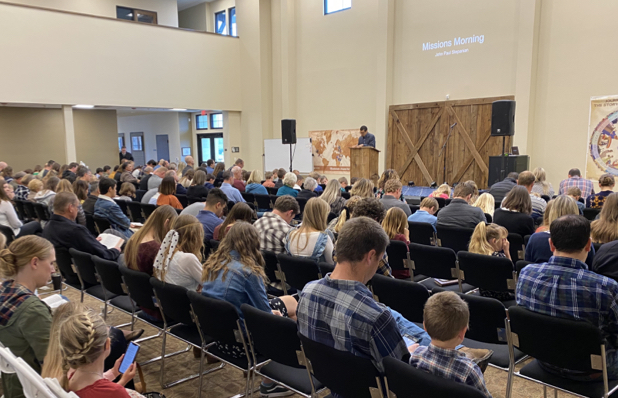Nov 19
2013
The Gospel and Church Growth
With all the strategies for church growth swirling around in our world, Charles Spurgeon helps us see clearly both what truth church growth is and how it happens. “Are you afraid that preaching the gospel will not win souls? Are you despondent as to success in God’s way? Is this why you pine for clever oratory? Is this why you must have music, and architecture, and flowers and millinery? After all, is it by might and power, and not by the Spirit of God? It is even so in the opinion of many.





